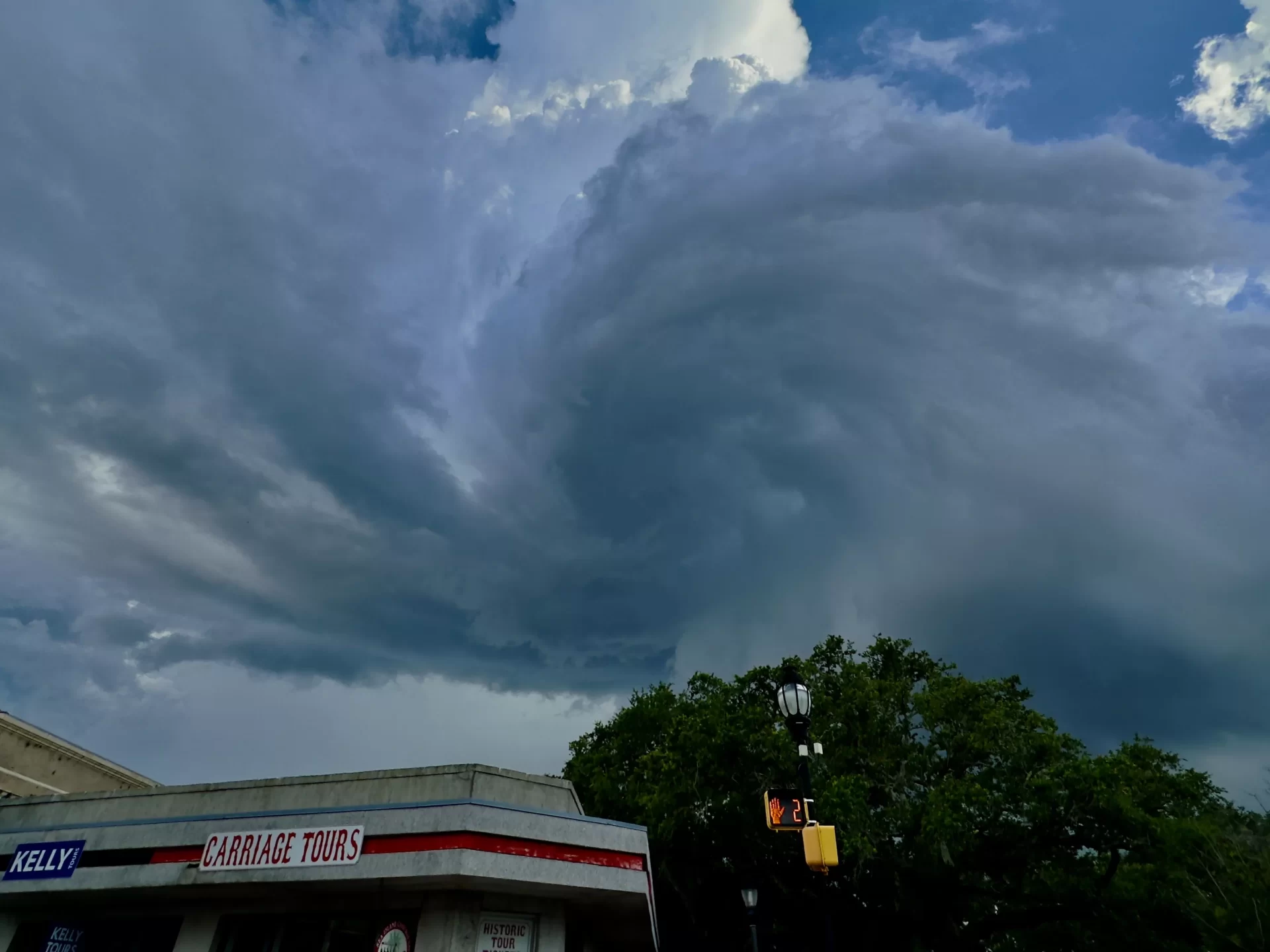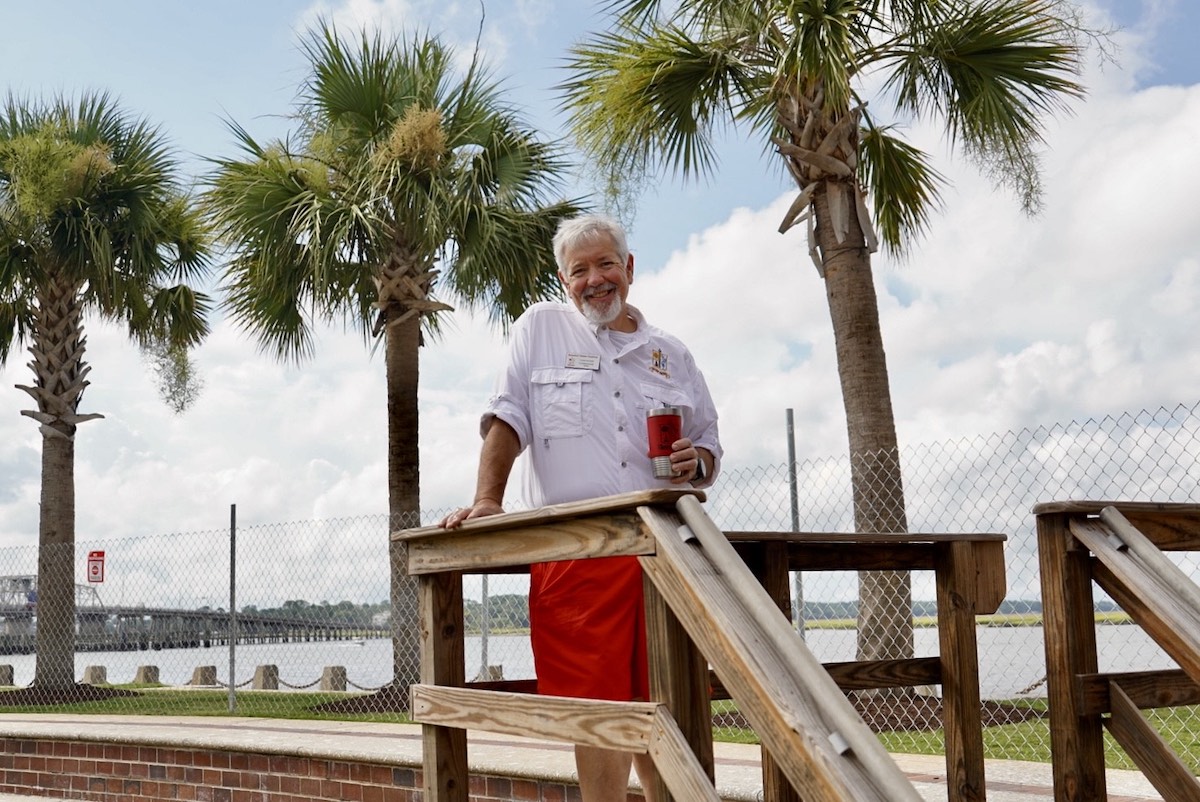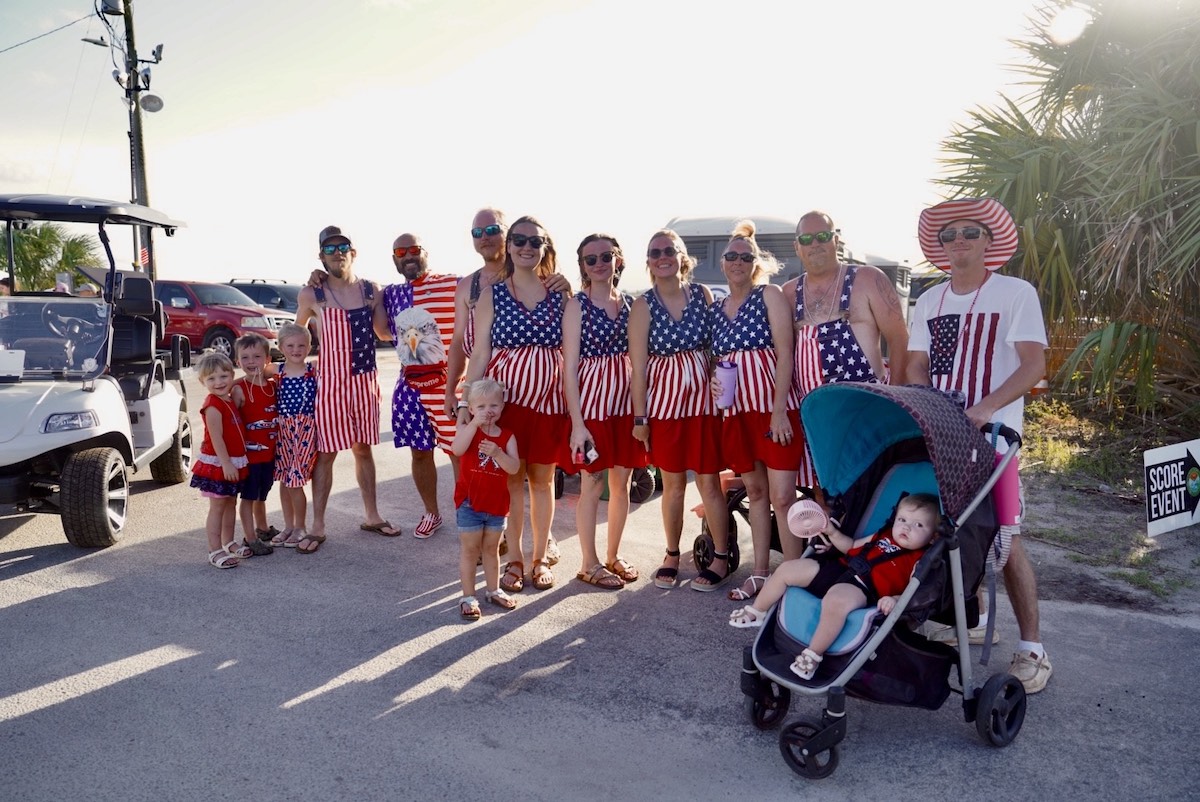By Larry Dandridge
Do police officers take care to avoid hurting innocent bystanders?
Police officers are trained and directed by policy to be aware of what is behind and around a person that they may have to shoot or use other forms of force on. Officers driving police vehicles, including when pursuing a fleeing person in another vehicle, must take great care to avoid hurting anyone. Many departments prohibit vehicle hot pursuits for minor traffic and other minor violations and when the police do not know why the person driving is fleeing. Serious criminals can be caught later in most cases, because the police usually have the make and model of their car, the license plate number, the driver and passenger’s description, and other information to track them down.
Do police officers have to retreat when facing a dangerous or aggressive person?
Police officers are not required to retreat when facing a dangerous or aggressive person? However, police officers are trained to retreat or at least delay attempting to arrest or restrain a person, if waiting for backup, negotiator, SWAT Team, a chaplain, social worker, or other specialist. Retreating or delaying is wise if it helps defuse the situation and prevents the suspect, another person, or the officer from being killed or seriously injured. Obviously, criminals who are active shooters, drunk drivers, assaulting someone, and endangering others will most likely require the officer to not retreat or wait to bring the perpetrator under control.
No properly screened, trained, and supervised; reasonable; and prudent officer wants and no well-led police department, with clear and standardized processes, wants innocent bystanders, their officers, or the suspect to be injured or killed. Nor does any reasonable and prudent officer want and nor does any police department want to be sued in civil court or charged with a crime. For more information, see the National Institute of Justice article titled, “Overview of Police Use of Force”, March 5, 2020, nij.oip.gov: https://nij.ojp.gov/topics/articles/overview-police-use-force.
Can a police officer be unfit to serve, even if they do not break the law or violate department written policies?
The answer to that question is yes. Many people are not cut-out to be law enforcement officers. Many people may make great business persons, restaurant workers, truck drivers, carpenters, or other professionals but they may not be suited for police work.
There are very, very few officers today who do not have the wisdom, the patience, and self-control to be a good police officer. However, that has not always been the case. The challenge today is to find those individuals and get them out of law enforcement.
The best place to find and eliminate those who should not become police officers (bad actors) is in the screening process, where extensive and expensive background investigations, lie detector testing, psychological testing, multiple interviews, and deep probing questioning should identify those who are not cut-out for police work. The next best place to identify those physically and mentally unfit and, who may slip through the screening process, is during a robust (five full months or longer) and demanding police academy.
As we have learned in Minneapolis and Columbia recently, a very small number of officers today have a history of being unable to look for ways to calm a situation and who too often resort to force, especially a higher level of force than is needed. Officers who are not suited for public safety work should be identified quickly and, as a minimum, removed from contact with the public and retrained. If needed, they must be disciplined or fired or prosecuted depending on the gravity and frequency of that officer’s poor judgment and abuse of force.
Police departments and academies have been underfunded, undertrained, and made to make do with limited screening, training, equipment, and quality control since the beginning of time. Only those persons should be selected to be police officers who:
Have a no history of mental illness or criminal activity and who have the ability to de-escalate volatile situations.
Have the ability to judge threats accurately and not resort to force too quickly and are dedicated to equal justice and partnering with their community.
Do not enjoy hurting people and who understand the sad history of racism and bigotry in our country.
Understand the special needs of mentally ill persons and veterans with PTSD.
Show no history of prejudice based on color, creed, religion, race, origin, age, gender, sexual preference, citizenship, or political affiliation.
Will step-in and take over if another officer is out of control or exhibiting poor judgment.
Want to serve and protect everyone.
Larry Dandridge is an honors graduate of three police academies and a DoD Counter Terrorism course graduate. He served as a police officer and deputy sheriff in AL and MO. He has also worked as a consultant with the Federal Law Enforcement Training Center in GA and SC, and the Military Police and Customs operations in TX. An accomplished writer and motivational speaker, the owner of TVV Publishing, a retired Army Test Pilot, the author of the award-winning BLADES OF THUNDER (book One), a retired Aerospace Industry Region Manager, a past University Business, Writing, and Aeronautics Instructor, and volunteer Patient Adviser at the RHJ VA Medical Center, he writes two columns, as a free-lance writer, for the ISLAND NEWS, the Veterans Benefits Column and the What Citizens Should Know About Policing Column. You can contact Larry at his email, LDandridge@earthlink.net.
EDITOR’S NOTE
This is column 4 of a 12-column series on what citizens should know about police officers, use of force, and challenges the police and citizens face. Columns 1, 2, and 3 introduced the series by answering the questions:
What are the risks involved in police work?
How does a COP (Constable on Patrol) decide on what level of force to use?
When can a police officer use deadly force?
When can deadly force be used on a fleeing felon?
Do life and death decisions made by police really have to be made so quickly?
What does the Beaufort County Sheriff’s Office do for Beaufort County?
This 4th column answers the questions:
Do police officers take care to avoid hurting innocent bystanders?
Do police officers have to retreat when facing a dangerous person?
Can a police officer be unfit to serve, even if they do not break the law?
These columns are not meant to replace reading local, state, and federal law or the need for a lawyer when seeking legal advice.
Larry Dandridge is not an employee of THE ISLAND NEWS and his opinions are his alone. Readers should rely on their local police and sheriff’s departments and their attorneys for all law enforcement information and legal advice. Although every precaution has been taken in the preparation of these articles, the publisher and author assume no responsibility for errors or omissions. Neither is any liability assumed by the author or The Island News for damages resulting from the use of information contained herein.








